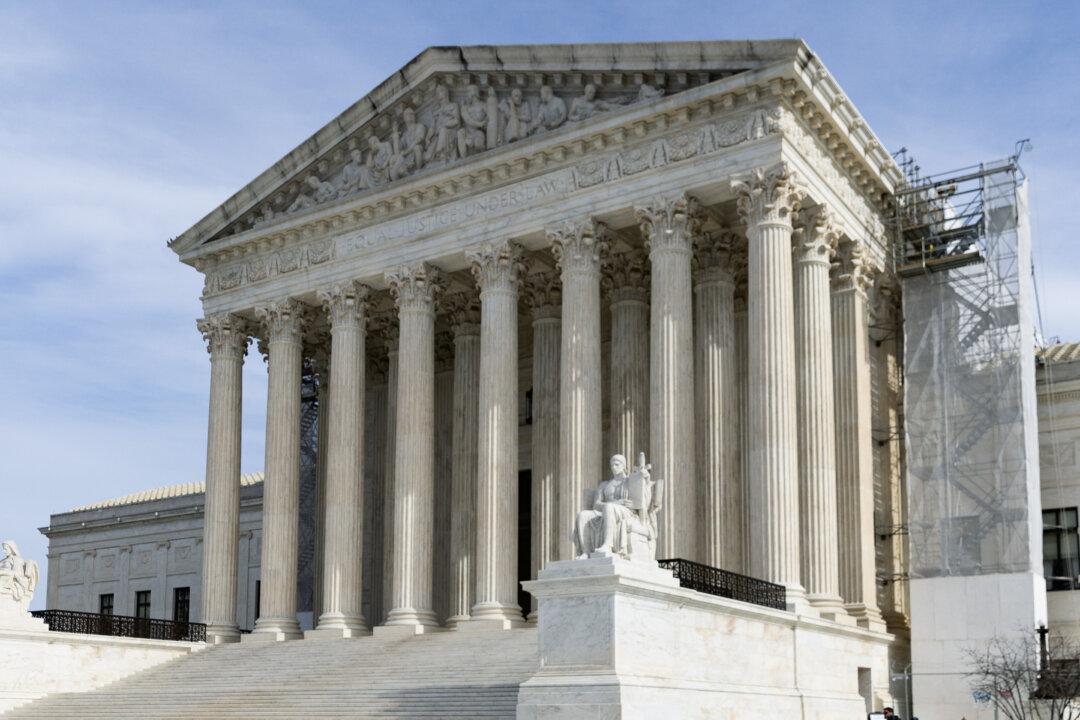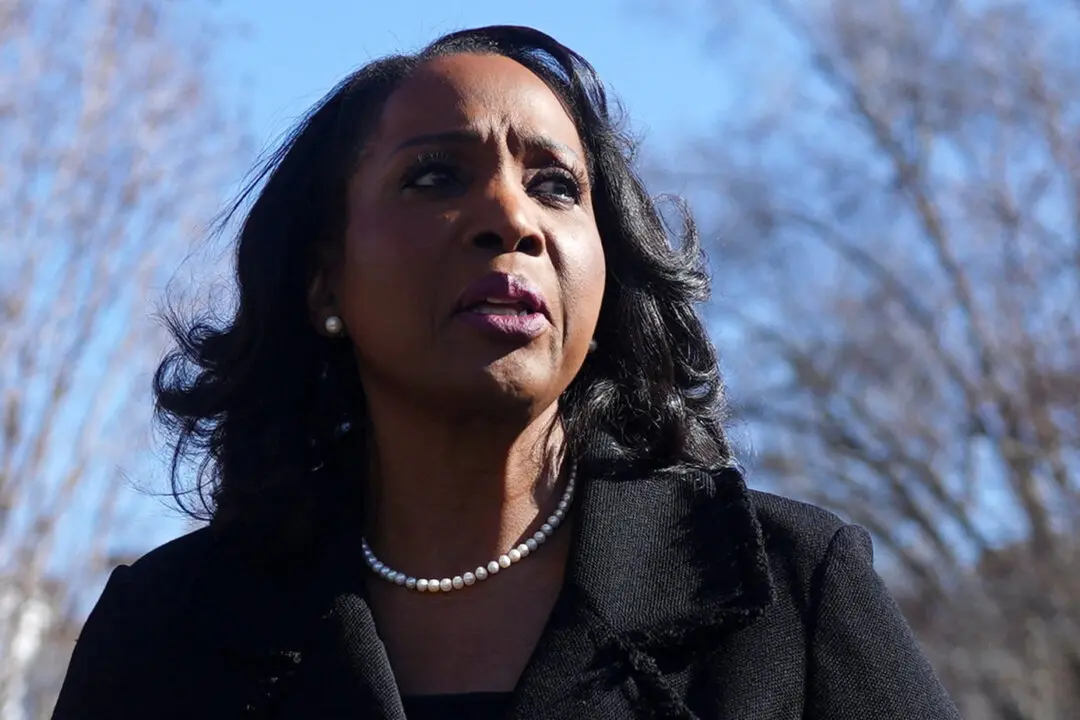The U.S. Supreme Court heard a pivotal case on Feb. 8 surrounding whether a state court could effectively remove presidential candidates from ballots over their alleged engagement in an insurrection.
The decision will likely be historic in that it could provide a new interpretation of a relatively untested area of law. Oral argument alone raised a series of important constitutional questions for the country while also indicating the justices’ inclinations on key legal issues.





